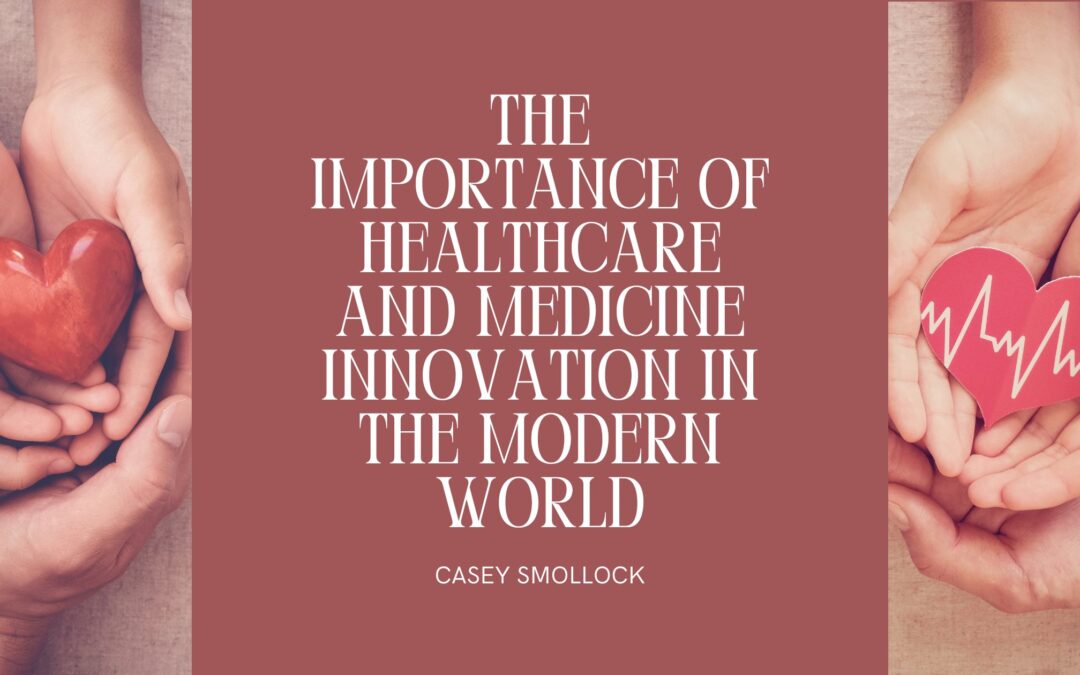In today’s rapidly evolving landscape, healthcare and medicine stand as cornerstones of human advancement. With the global population exceeding 8 billion and an ever-increasing prevalence of chronic diseases, the need for innovation in healthcare and medicine has never been more urgent. These advancements not only enhance the quality of life but also ensure sustainable growth for societies worldwide.
Revolutionizing Patient Care
One of the most significant impacts of healthcare innovation is the transformation of patient care. Telemedicine, wearable devices, and artificial intelligence (AI) are reshaping the way healthcare is delivered. Patients can now consult with physicians from the comfort of their homes, monitor vital signs in real-time, and even receive AI-assisted diagnoses. These technologies not only improve access to care but also empower patients to take an active role in managing their health.
Tackling Global Health Challenges
The world continues to face a multitude of health challenges, from pandemics to antibiotic resistance. Innovative solutions are critical for addressing these issues. For example, mRNA vaccine technology, which played a pivotal role in combating the COVID-19 pandemic, exemplifies how cutting-edge research can yield life-saving results. Similarly, advancements in genomics and precision medicine offer hope for personalized treatments that cater to individual genetic profiles, significantly improving outcomes for conditions like cancer and rare genetic disorders.
Bridging Gaps in Healthcare Access
Despite remarkable progress, disparities in healthcare access persist. Rural and underserved communities often lack the resources and infrastructure needed to provide adequate care. Innovations such as mobile health clinics, telehealth platforms, and cost-effective diagnostic tools are closing these gaps. By bringing essential services to those in need, these advancements are democratizing healthcare and reducing inequities.
Economic and Societal Benefits
Beyond improving individual lives, healthcare innovation drives economic growth. The healthcare sector generates millions of jobs and fosters industries ranging from biotechnology to medical devices. Moreover, a healthier population translates to a more productive workforce, which in turn fuels economic development. Societies that prioritize healthcare innovation also benefit from greater resilience against crises, whether they stem from infectious diseases or aging populations.
Ethical Considerations and Challenges
While the promise of innovation is immense, it also raises important ethical questions. Issues such as data privacy, equitable distribution of resources, and the potential misuse of genetic information must be addressed to ensure that advancements benefit all of humanity. Policymakers, healthcare providers, and technologists must collaborate to create frameworks that safeguard against exploitation while promoting progress.
A Call to Action
The modern world demands a proactive approach to healthcare and medicine innovation. Governments, private enterprises, and academic institutions must invest in research and development, foster public-private partnerships, and prioritize education and training for the next generation of healthcare professionals. By doing so, we can create a future where cutting-edge medicine is accessible to all, diseases are prevented before they occur, and everyone has the opportunity to live a healthier, longer life.
In conclusion, the importance of healthcare and medicine innovation cannot be overstated. It is the key to addressing today’s challenges and preparing for the uncertainties of tomorrow. By embracing innovation, we can build a world where health and well-being are universally attainable.

